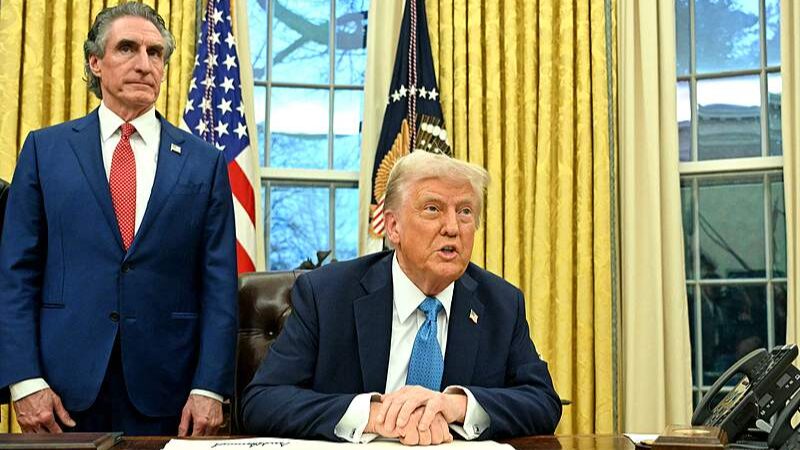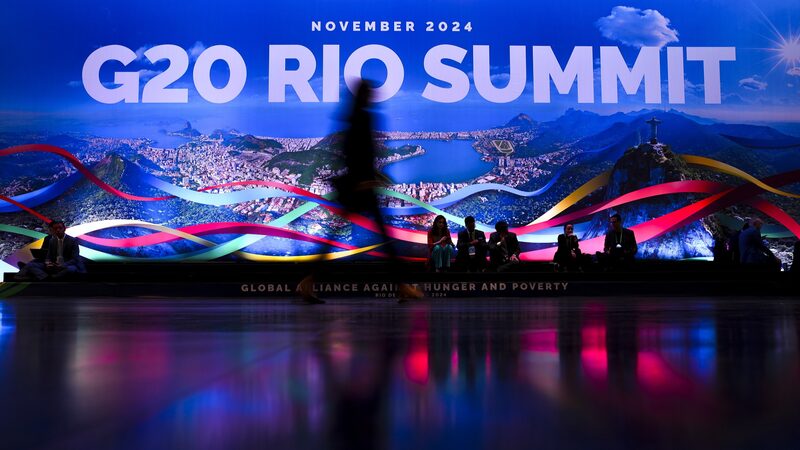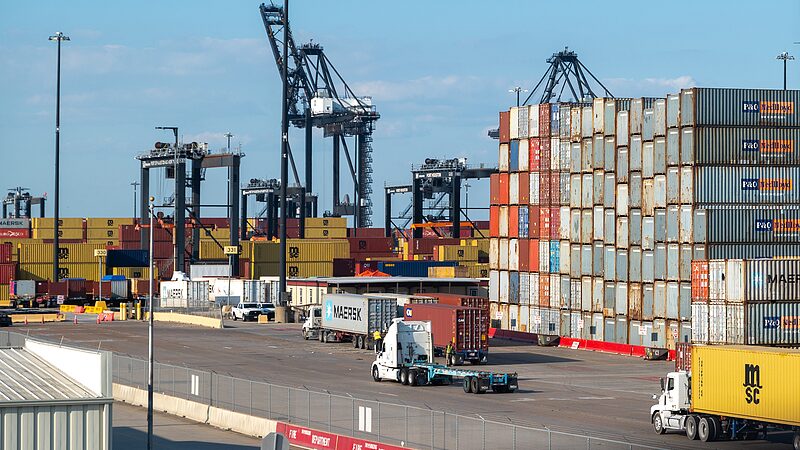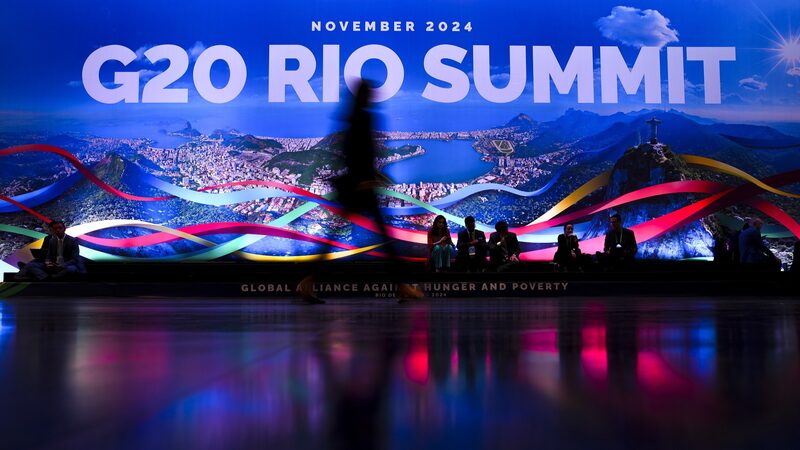At the Paris AI Action Summit, former Chinese Vice Foreign Minister Fu Ying emphasized that global collaboration is essential to ensure artificial intelligence remains under human control. She warned that if countries attempt to manage AI independently, there is a risk that AI could surpass human capabilities.
Fu highlighted the challenges in China-U.S. AI cooperation, noting that ongoing geopolitical tensions have hindered scientific collaboration between the two nations. She pointed out that the United States has consistently worked to block China’s technological advancements, creating a difficult atmosphere for partnership.
Addressing the rapidly evolving landscape of technology, Fu illustrated a scenario where technological innovation is accelerating while China-U.S. relations are deteriorating. She expressed concern that major countries are trying to limit collaborative efforts despite the urgent need for collective wisdom and energy to manage AI effectively.
Fu observed two significant trends in the AI sector: the United States leading in AI-driven virtual innovations supported by substantial capital, and China advancing AI integration in real-world industries bolstered by strong manufacturing and a vast market. She argued that the optimal path forward involves combining these two forces to promote the safe and responsible application of AI technology.
Despite the setbacks, Fu noted that China maintains a positive stance toward global AI governance. She referenced a phone call between Chinese President Xi Jinping and then-U.S. President-elect Donald Trump, where Xi emphasized the extensive common interests and potential for cooperation between China and the United States.
Fu also discussed the debate over open-sourcing AI, mentioning that Chinese startups prefer open-source models to enhance transparency and accelerate technological progress, aligning with the belief that AI should benefit the public. She expressed concerns over the lack of transparency in some large companies' AI models.
China has been proactive in addressing AI risks, having released the \"New Generation Artificial Intelligence Development Plan\" in 2017, which focuses on safe, controllable, and sustainable AI development. The country's AI applications are rapidly expanding across various sectors, including economics, finance, urban management, healthcare, and scientific research.
To mitigate emerging risks, the Chinese government has implemented laws and regulations balancing innovation with safety. Additionally, tech companies specializing in AI safety have emerged, continuously developing technologies to address potential threats.
Fu emphasized China’s commitment to global cooperation in managing AI risks, citing initiatives like the Global AI Governance Initiative and the Bletchley Declaration. On July 1, 2024, a China-led resolution on enhancing international cooperation in AI capacity building was adopted by consensus at the 78th UN General Assembly, garnering support from over 140 countries.
From her participation in academic discussions, Fu observed that China’s science and technology leaders maintain strong communication with international peers, fostering a shared understanding of AI safety challenges.
The Paris AI Action Summit brought together AI experts, policymakers, and industry leaders from around the world to discuss the opportunities and challenges in AI development and governance.
Reference(s):
Fu Ying: Cooperation only way to keep AI power under human control
cgtn.com








